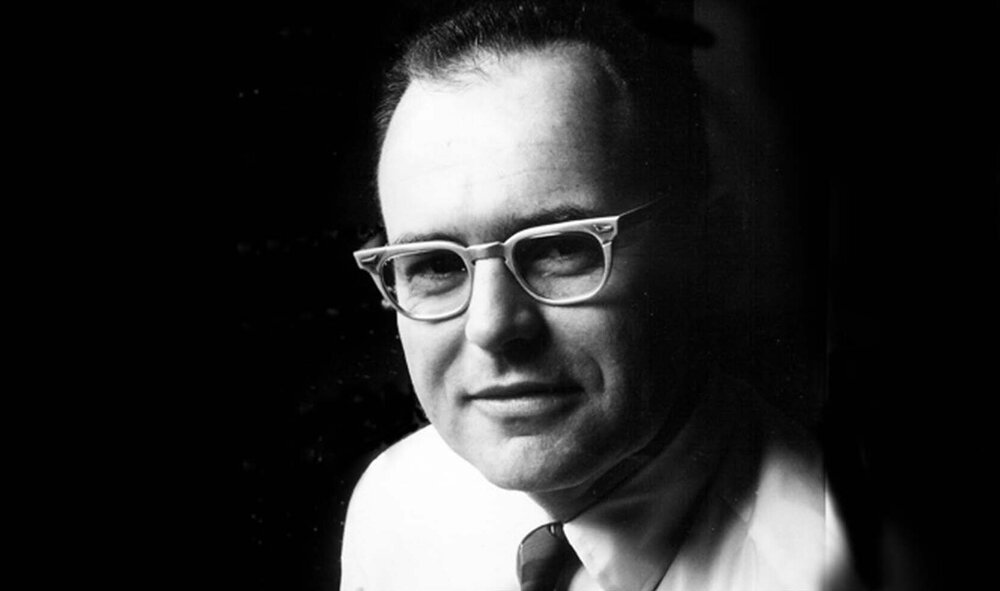
Gordon Moore, one of the founders of Intel and creator of the famous Moore’s Law, has passed away at his Hawaii residence at age 94. Moore was one of the “traitorous eight” group, made up of several young PhDs, had been trained by William Shockley to work at Shockley Semiconductor Laboratory to develop new chips with William Shockley, one of the inventors of the transistor. But because of their authoritarian and unpopular nature, the group, which included Moore, left the lab and founded Fairchild Semiconductors in 1957, which soon became a leading semiconductor company.
Fairchild Semiconductor also soon became an incubator for other companies in Silicon Valley soon after, and was involved in the creation of dozens of them. Among them, Intel and AMD. In the case of Intel, two of the group members, Robert Noyce and Moore himself were its founders in 1968. Both hired Andy Grove, the company’s future CEO, as a third employee, and the three, who are known as “the Intel trinity” turned the company into one of the world’s leading technology companies.
At first it was called Integrated Electronics, and Gordon Moore became its Vice President until 1975. He was then named President and CEO of the company. He was its CEO for eight years, until 1987, but remained its Chairman until 1997, when he became Intel’s Honorary Chairman until 2006.
After leaving Intel, Moore lived between California and Hawaii, and was Chairman of the Board of Directors of the Gordon and Betty Moore Foundation until 2018, when he became Chairman Emeritus. In addition, he was on the board of directors of Conservation International and Gilead Sciences, and a member of the National Academy of Engineering, the Royal Society of Engineers, and the Institute of Electrical and Electronics Engineers. He was Chairman of the Board of Trustees of the California Institute of Technology from 1995 until early 2001. He later remained one of its members.
Gordon Moore was born in San Francisco in 1929, and attended college at San Jose State University, the University of California at Berkeley, and Caltech, where he earned a Ph.D. in chemistry.
In addition to technology, Moore also engaged in philanthropy. In particular those related to the conservation of the environment, science and the improvement of care for the sick. He and his wife founded the Gordon and Betty Moore Foundation in 2000, which has since donated more than $5.1 billion to charitable causes. Among them, scholarships related to the environment, scientific research and higher education.
In 1990 Moore received the National Medal of Technology, and in 2002 the Presidential Medal of Freedom, the highest level civilian recognition in the United States. In 2022, Intel named its new Oregon campus, which opened April 11, the Gordon Moore Part in his honor.
Although Moore played a prominent role in developing the technology that has led to modern computing devices, many will know him for the famous Moore’s Law, which in 1965 predicted that as computer chip manufacturing improved , its components would reduce its size, and that the processors would double their number of transistors with each passing year. A decade later he changed his estimates to point out that this amount was doubling every two years. It is no longer valid, but to the surprise of many, it was true for a long time.
In fact, this law became a goal that many technology companies aspired to meet, and set a sustained pace of innovation for many years. Even though it’s been long since surpassed, it’s still something of an engine that continues to drive innovation in component and device manufacturing.
Pat Gelsinger, CEO of Intelhas highlighted the figure of Gordon Moore that «defined the technology industry through his vision and insights. He was instrumental in unlocking the power of transistors, and he inspired technologists and entrepreneurs for decades. At Intel we continue to be inspired by Moore’s Law, and we intend to follow it until the periodic table is exhausted. Gordo’s vision continues to guide us as we use the power of technology to improve the lives of everyone on earth. My career and much of my life have been shaped by the possibilities fueled by Gordon’s leadership at the head of Intel, and I am overwhelmed with the honor and responsibility of advancing his legacy.«.



